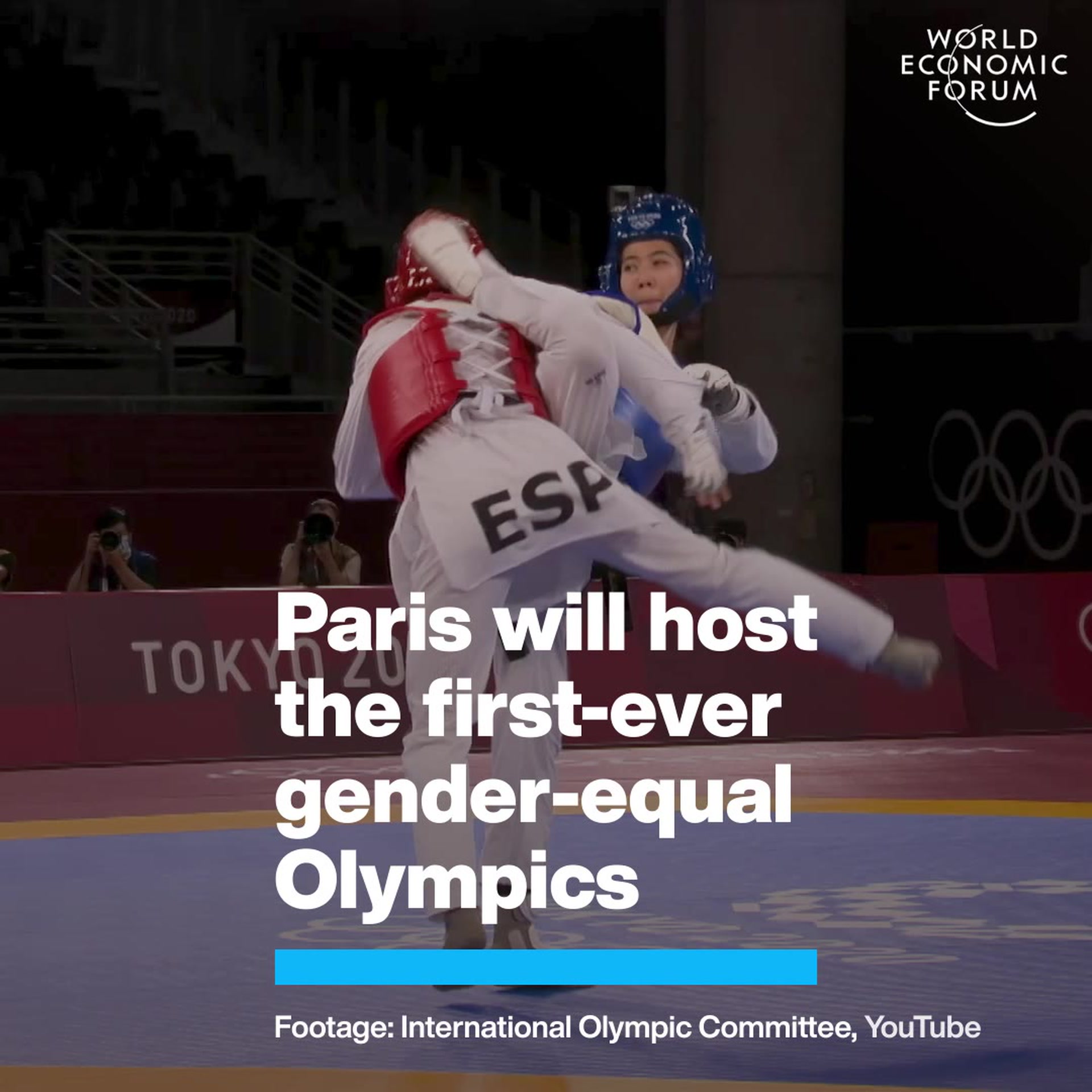Why credibility is the future of journalism


Get involved with our crowdsourced digital platform to deliver impact at scale
Stay up to date:
Media, Entertainment and Sport
“Are newspapers dying. Yes or No?” This question was a recent headline for an online media platform that argued, as has been written in hundreds of articles and highlighted in quarterly reports of major publishers, that newspapers are in decline. Then, last July, the headlines reflected a positive outlook for newspapers – good quality ones at least – stating that traditional media still had a bright future ahead of it, with news of Pearson selling the Financial Times and related titles to Japanese business publisher Nikkei for £844 million.
Sighs of relief were let out in newsrooms around the world – and newspaper editors and proprietors went back to arguing against their own demise. The same discussion has picked up pace recently in relation to television, with playback and online subscription platforms such as Netflix changing the way audiences view television and take in visual content. The birth of YouTube a decade ago realized the ability to distribute visual content without traditional television networks on a large scale. Certain celebrities can now secure millions of viewers independent of big network bosses via this, and other, platforms. For example, Jenna Marbles is reported to make $350,000 a year from her popular channel, Jenna Marbles Blog, with 15.5 million subscribers. Her strength, like many YouTube celebrities, is the ability to connect directly with viewers with original content.
Monitoring the information revolution
The list of developments in the media industry, brought on in great part by technological advances, is growing longer by the day. Monitoring the information revolution, with the generational shift of consuming news and entertainment through mobile devices and the debates over paywalls, are all part of a wider discussion. Journalists especially enjoy this navel-gazing.
Yet the wider, and more important issue to consider, is how journalists and media outlets maintain their credibility. Regardless of the medium used to deliver a story, legacy media and new media are under more scrutiny as the number of reports undermined by weak sourcing, and cases of journalists getting caught up in “becoming the story” rather than reporting it, rise. The quality of journalism has not necessarily dropped, but the ability to challenge stories has certainly improved.
As the 24-hour news cycle and proliferation of outlets increases pressure on editors, writers and producers to provide more content in a shorter time span, the challenge of maintaining credibility becomes more pressing. The historic tension between editors and publishers will continue – reflecting the need for solid journalism, while generating revenue to at least pay the bills of the journalists writing them.
Whether it is an online media platform known for cat gifs, or a dry newspaper focused on impressing the upper echelons of power – one common denominator is crucial for success: credibility. One genre doesn’t negate the other; however, “clickbait” is threatening what a good story is.
Quality over quantity
The same old criteria for success stands true – the need to invest in journalists and give them the time and space necessary to produce quality journalism. A case in point, after becoming famous for its easy-to-read listicles, Buzzfeed is now consolidating its position in the media industry by investing in long-form articles like the one written by Azmat Khan on Afghanistan’s ghost schools. The piece was based on more than 150 interviews, and become one of the strongest investigative stories of 2015.
In addition to financial and timing pressures, the anonymity of sources is one that is testing the limits of credibility in journalistic stories. From US officials insisting on anonymity even when expressing known government policy, to Twitter handles with “eggs” for profiles, there is an unprecedented amount of content without a name to it. Journalists have to be more rigorous in their sourcing, while protecting those whose safety depends on anonymity.
On the flip side, the direct interaction of readers and viewers with journalists and media outlets has increased with the internet revolution. Social networks such as Twitter and Facebook are making consumers of news and information stronger than ever – whether in expressing support for a story or taking it apart when it’s wrong. Readers and viewers can also directly influence a whole host of media ventures by crowd-sourcing and sharing links, but also still by going out to buy a newspaper in the morning. In the end, making the choice of which link to share or which publication to buy will continue to rest, in great part, on credibility.
Have you read?
Who owns who in global media
How data journalism can change the world
What does the future hold for media?
Author: Mina Al-Oraibi, is a journalist, Yale World Fellow 2015, a Young Global Leader and a member of the Global Agenda Council on the Middle East and North Africa.
Image: A man buys a Sunday newspaper at a news stand in London July 17, 2011. REUTERS/Suzanne Plunkett
Don't miss any update on this topic
Create a free account and access your personalized content collection with our latest publications and analyses.
License and Republishing
World Economic Forum articles may be republished in accordance with the Creative Commons Attribution-NonCommercial-NoDerivatives 4.0 International Public License, and in accordance with our Terms of Use.
The views expressed in this article are those of the author alone and not the World Economic Forum.
The Agenda Weekly
A weekly update of the most important issues driving the global agenda
You can unsubscribe at any time using the link in our emails. For more details, review our privacy policy.
More on Media, Entertainment and SportSee all
Victoria Masterson
April 5, 2024
Jesus Serrano
March 7, 2024
John Letzing
March 5, 2024
Spencer Feingold
March 4, 2024






